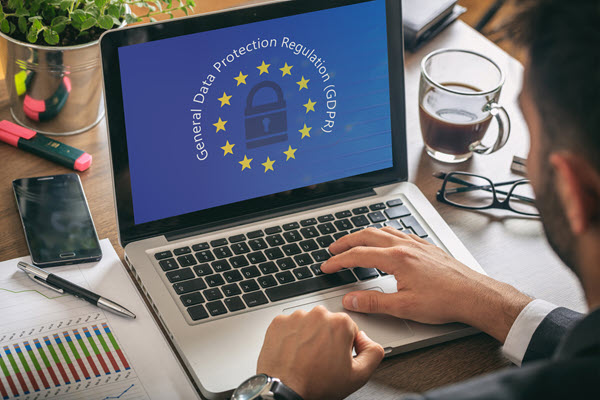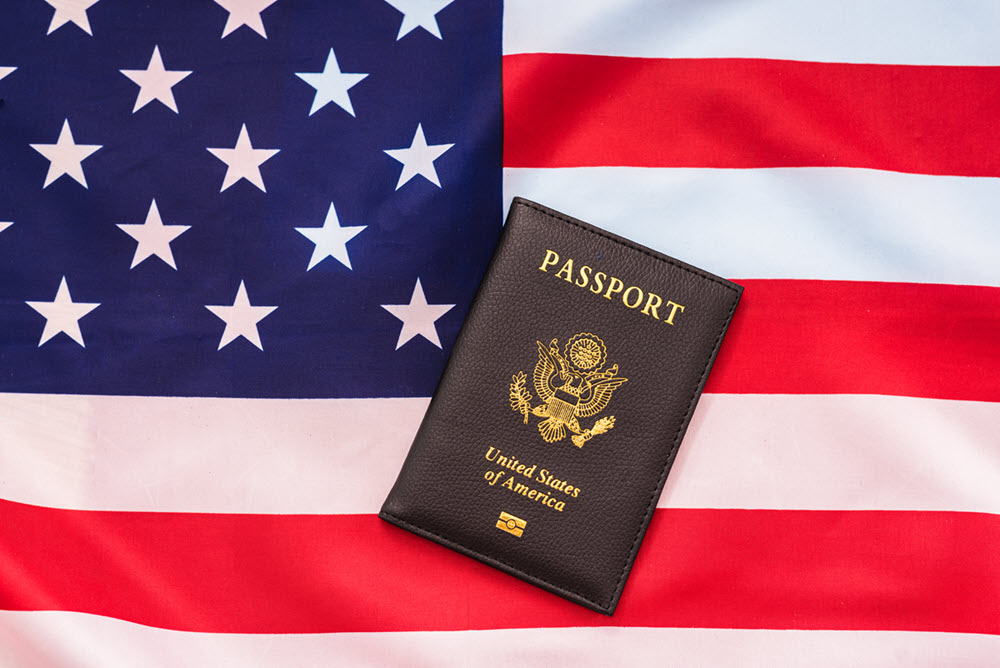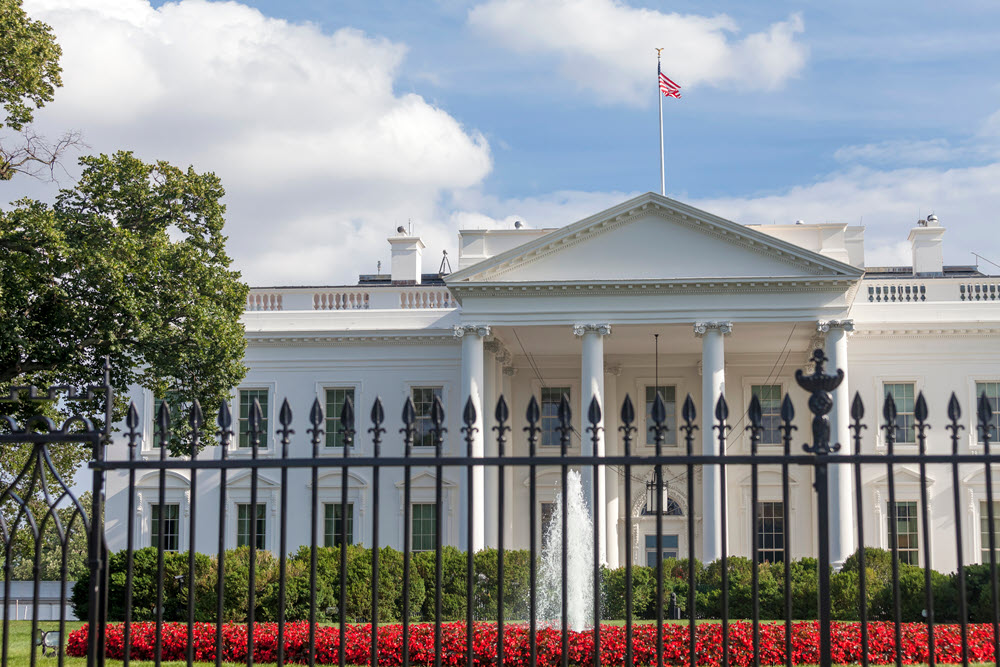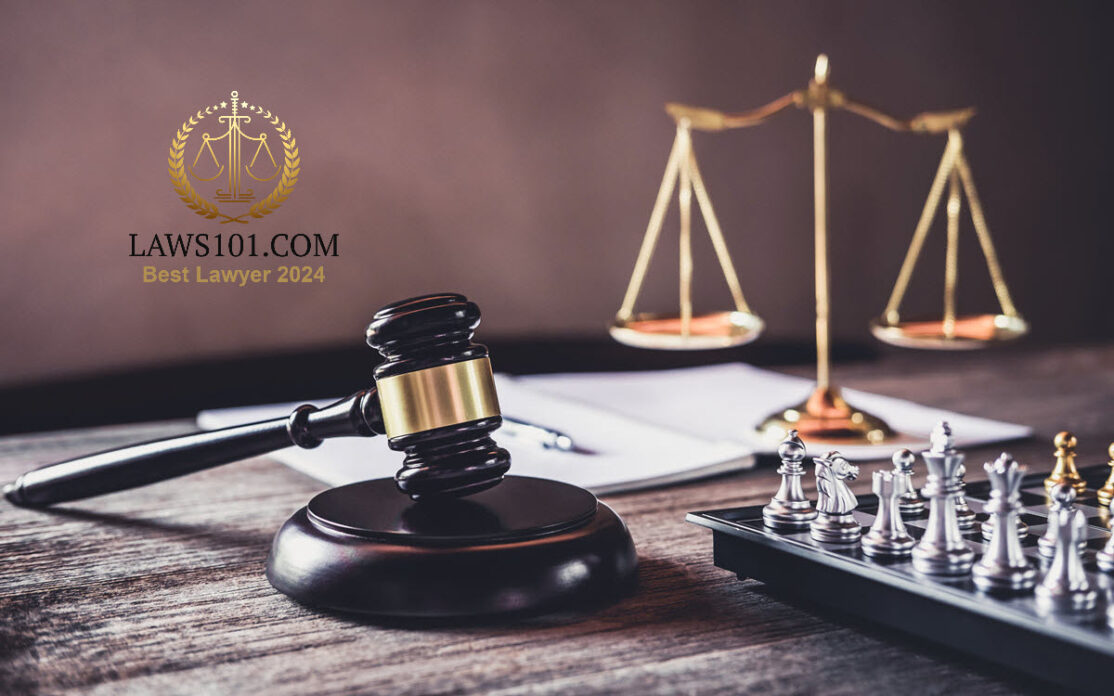Introduction
Per- and polyfluoroalkyl substances (PFAS), commonly known as “forever chemicals,” have become one of the most significant toxic tort litigation areas in the United States. These synthetic chemicals, used in everything from nonstick cookware to firefighting foam, have been linked to serious health risks, including cancer, reproductive issues, and immune system damage. As awareness grows and regulatory scrutiny increases, PFAS litigation is expanding, with lawsuits targeting major manufacturers and polluters.
This article explores the history, key lawsuits, legal challenges, and future of PFAS litigation.
What Are PFAS?
PFAS are a class of thousands of man-made chemicals known for their persistence in the environment and the human body. They are used in industrial and consumer products for their water-resistant, stain-resistant, and nonstick properties.
Common Sources of PFAS Exposure
- Drinking water contaminated by industrial run-off.
- Firefighting foam (Aqueous Film-Forming Foam, or AFFF), widely used at military bases and airports.
- Food packaging with grease-resistant coatings.
- Household products such as nonstick cookware, waterproof clothing, and stain-resistant carpets.
Health Risks Linked to PFAS Exposure
- Increased risk of certain cancers (kidney, testicular).
- Liver damage and metabolic disorders.
- Hormonal disruption and fertility issues.
- Immune system suppression, reducing vaccine effectiveness.
The Rise of PFAS Litigation
PFAS litigation has gained momentum in recent years as new studies link PFAS exposure to serious health conditions, and regulatory agencies take action against polluters.
Key Legal Theories in PFAS Lawsuits
- Product Liability: Manufacturers failed to warn consumers about the dangers of PFAS exposure.
- Environmental Contamination: Companies knowingly polluted water sources with PFAS waste.
- Medical Monitoring Claims: Plaintiffs seek ongoing medical testing due to PFAS exposure.
- Public Nuisance: PFAS contamination has caused widespread harm to communities.
Major PFAS Lawsuits and Settlements
1. DuPont and 3M Water Contamination Cases
- DuPont and 3M have been key targets of PFAS lawsuits for their role in manufacturing PFAS chemicals for decades.
- In 2023, 3M agreed to a $10.3 billion settlement to resolve claims related to PFAS-contaminated drinking water in certain US municipalities.
- DuPont and related companies agreed to a $1.18 billion settlement in a similar case.
2. AFFF Firefighting Foam Litigation (MDL No. 2873)

- Thousands of lawsuits have been consolidated into a Multidistrict Litigation (MDL) against chemical manufacturers and firefighting foam producers.
- Plaintiffs include firefighters, military personnel, and municipalities claiming exposure to high levels of PFAS in firefighting foam caused cancer and other health conditions.
- In 2023, the first bellwether trial was scheduled for September 2025 with expected multi-billion-dollar settlements in coming years.
- This lawsuit is currently open to join for firefighters, military veterans and their dependents.
3. State and Municipal Lawsuits Against PFAS Manufacturers
- States such as California, Michigan, New York and, recently, Texas have filed lawsuits against PFAS manufacturers, seeking damages for environmental cleanup and healthcare costs.
- Cities and counties are suing companies for contaminating local water supplies, leading to rising treatment costs.
4. Personal Injury and Medical Monitoring Claims
- Individuals diagnosed with cancer or other health conditions linked to PFAS exposure are filing lawsuits against manufacturers.
- Some lawsuits seek medical monitoring programs to track long-term health effects for exposed individuals.
Regulatory and Legislative Actions on PFAS
As lawsuits increase, federal and state agencies are enacting stricter PFAS regulations.
1. EPA’s PFAS Drinking Water Standards (2024)
- The Environmental Protection Agency (EPA) set limits on six types of PFAS in drinking water, requiring costly cleanup efforts.
- Companies responsible for PFAS pollution may face lawsuits from states and municipalities enforcing the new standards.
2. PFAS Bans and Phase-Outs
- The Biden Administration announced plans to phase out PFAS in consumer products and restrict industrial use. The new Trump administration is expected to loosen or rescind some of these plans but it remains to be seen what changes will be made going forward.
- State-level bans on PFAS in food packaging, firefighting foam, and cosmetics are expanding.
3. Superfund Designation for PFAS Contamination
- The EPA proposed designating PFAS as a hazardous substance under the Superfund law (CERCLA), allowing the federal government to hold polluters accountable for cleanup costs.
- This designation could lead to a new wave of lawsuits against companies that discharged PFAS into the environment.
Challenges in PFAS Litigation
Despite growing litigation, PFAS cases face legal and scientific challenges.
1. Proving Causation
Establishing a direct link between PFAS exposure and specific health conditions is complex due to long latency periods and multiple exposure sources.
2. Identifying Defendants
Thousands of companies have manufactured or used PFAS, making it difficult to determine liability in cases with multiple sources of contamination.
3. Statute of Limitations Issues
Many plaintiffs may have been exposed decades ago, complicating legal deadlines for filing lawsuits.
4. Bankruptcy Maneuvers by Defendants
Some companies, including 3M and DuPont, have attempted to use bankruptcy restructuring to limit their liability and delay payouts to victims.
Future of PFAS Litigation: What to Expect
1. Expansion of Municipal and State-Level Lawsuits
More states and cities are expected to sue chemical companies to recover cleanup costs under new federal PFAS regulations.
2. Increased Personal Injury and Medical Monitoring Cases
As scientific evidence strengthens, more individuals will file cancer and disease-related claims linked to PFAS exposure.
3. Additional Corporate Settlements
Companies facing thousands of lawsuits will likely reach large-scale settlements rather than risk trial verdicts.
4. Legislative Pressure for Compensation Funds
Similar to asbestos trust funds, lawmakers may push for a national PFAS compensation fund to streamline victim payouts.
Who May Be Eligible to File a PFAS Lawsuit?
Individuals and entities potentially eligible for PFAS claims include:
✅ Residents with contaminated drinking water
✅ Firefighters and military veterans exposed to AFFF foam
✅ Workers exposed to PFAS in manufacturing
✅ Individuals diagnosed with PFAS-related illnesses
✅ Municipalities and water districts facing cleanup costs
If you suspect an illness was caused by PFAS exposure, seeking legal advice and medical testing is crucial.
Conclusion
PFAS litigation is rapidly expanding as scientific research, regulatory action, and legal claims converge. With billions of dollars in settlements and potential new claims emerging, companies, governments, and individuals alike must prepare for the evolving legal landscape surrounding PFAS contamination.
As courts continue to hear PFAS cases, the outcomes will set critical precedents for environmental and toxic tort law, shaping corporate accountability for decades to come.





































